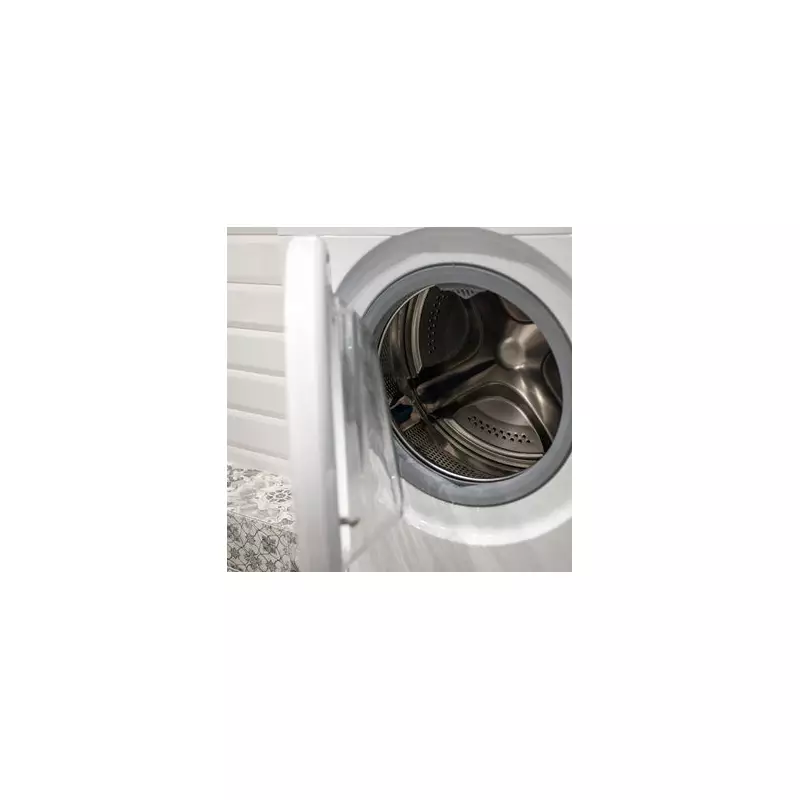
Consumer champion Which? is urging UK households to adopt a simple, seconds-long check before starting their washing machines, a move that could significantly reduce energy bills and extend the life of clothing.
The Critical Pre-Wash Check
In a recent advisory post on X, the experts at Which? stressed that a few small behavioural changes can make a substantial difference to both household chores and finances. Their primary recommendation is to pause and assess each item of clothing before tossing it into the drum.
Which? advises consumers to check if an item is genuinely dirty or if it could simply benefit from a spot clean for a minor spillage. The organisation warns that overwashing is a primary cause of clothes wearing out prematurely. To keep garments looking their best for longer, they suggest wearing items multiple times between full washes.
Smart Alternatives to a Full Wash
So, what is the solution for a small, isolated stain? The suggestion is straightforward: "If it's just a small stain on a jumper, use a stain remover or some washing-up liquid to treat the mark so you don't need to wash the whole thing."
This targeted approach avoids wasting energy, water, and detergent, leading to savings on multiple fronts. For clothes that are truly dirty or odorous, Which? emphasises not overfilling the machine. They recommend loosening laundry before the wash to ensure detergent can reach all items effectively, as tangled balls of clothing do not get cleaned properly. This is especially crucial for washer-dryers, where tangled laundry also extends drying time and increases running costs.
For bedding, a simple trick can improve efficiency. Which? suggests checking inside duvet covers for any trapped items and fastening all buttons or poppers to prevent smaller garments from being 'swallowed' during the cycle.
Slash Bills by Turning Down the Temperature
One of the most impactful changes is adjusting your wash temperature. Switching from 40C to 30C can reduce energy use by 38%, and washing at 20C can save up to 62%. This means you can save more than half the energy simply by halving the temperature.
The financial implications are significant. Based on the October 2025 price cap, an average washing machine costs about £65 per year to run four washes a week. Dialling down to 30C would shave £25 off an annual bill, while washing at 20C will cut that cost by £40.
In most cases, lower temperatures do not compromise stain removal. Which? also noted that using liquid detergent instead of powder can improve cleaning results in cooler washes.




